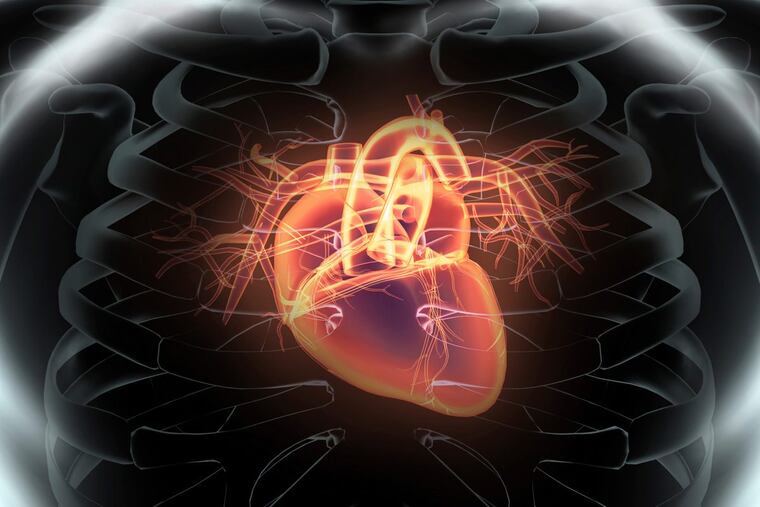Q&A: What is cardiogenic shock, and why should I care?
Cardiogenic shock occurs when your heart cannot pump enough oxygen-rich blood to your body because the heart muscle is damaged or weakened, typically by a heart attack.

Q: What is cardiogenic shock, and why should I care?
A: Cardiogenic shock occurs when your heart cannot pump enough oxygen-rich blood to your body because the heart muscle is damaged or weakened, typically by a heart attack. While lesser-known than other heart conditions, cardiogenic shock develops quickly, and its symptoms are easy to miss. According to the National Heart, Lung and Blood Institute, although only 7 percent of heart attack patients develop cardiogenic shock, it is the most common cause of death in heart attacks
Know the signs.
Although some heart attacks are sudden and intense, most start slowly with mild pain or discomfort and shortness of breath. While cardiogenic shock is often triggered by a heart attack, other serious heart conditions can cause the cardiogenic shock, so it is important to know all the signs and symptoms.
Confusion or lack of alertness
Sudden and sustained rapid heartbeat
Sweating
Pale skin
Cold hands or feet
Seek emergency treatment.
It's surprising that many heart attack victims wait hours or even days to seek help. If you think you are having a heart attack, call 911 so that medical personnel can provide life-saving treatment on the way to the hospital; do not drive yourself to the hospital.
Emergency treatment can immediately improve the flow of blood and oxygen to your body's organs. When your body loses oxygen, cells in your brain, liver and other vital organs begin to die, which can cause permanent damage and loss of function.
Life-saving treatment therapies provided by interventional cardiologists include, but are not limited to, a cardiac catheterization to diagnose and treat heart conditions, angioplasty and stenting to open the narrowed or blocked blood vessel to the heart, or placement of a heart pump. Your recovery will often depend on how quickly you are treated after the start of the symptoms.
Manage your heart health.
A history of heart attack or heart disease, old age, high blood pressure, or diabetes can all increase your risk of cardiogenic shock. The best way to prevent cardiogenic shock is to lower your risk for heart attack and other heart conditions by making a few simple lifestyle changes.
Avoid secondhand smoke, and, if you are a smoker, quit.
Maintain a healthy weight. By losing just 10 pounds, you can lower your risk of high blood pressure, cardiovascular disease and diabetes, all of which contribute to heart attacks and cardiogenic shock.
Avoid foods high in cholesterol and saturated fat, and limit your intake of sugar and alcohol.
Engage in cardiovascular activities, such as walking, jogging, swimming or cycling, for at least 30 minutes every day.
Talk to your doctor about your risk factors for heart disease and managing your heart health.
John Finley, MD, is an interventional cardiologist for Mercy Health System.